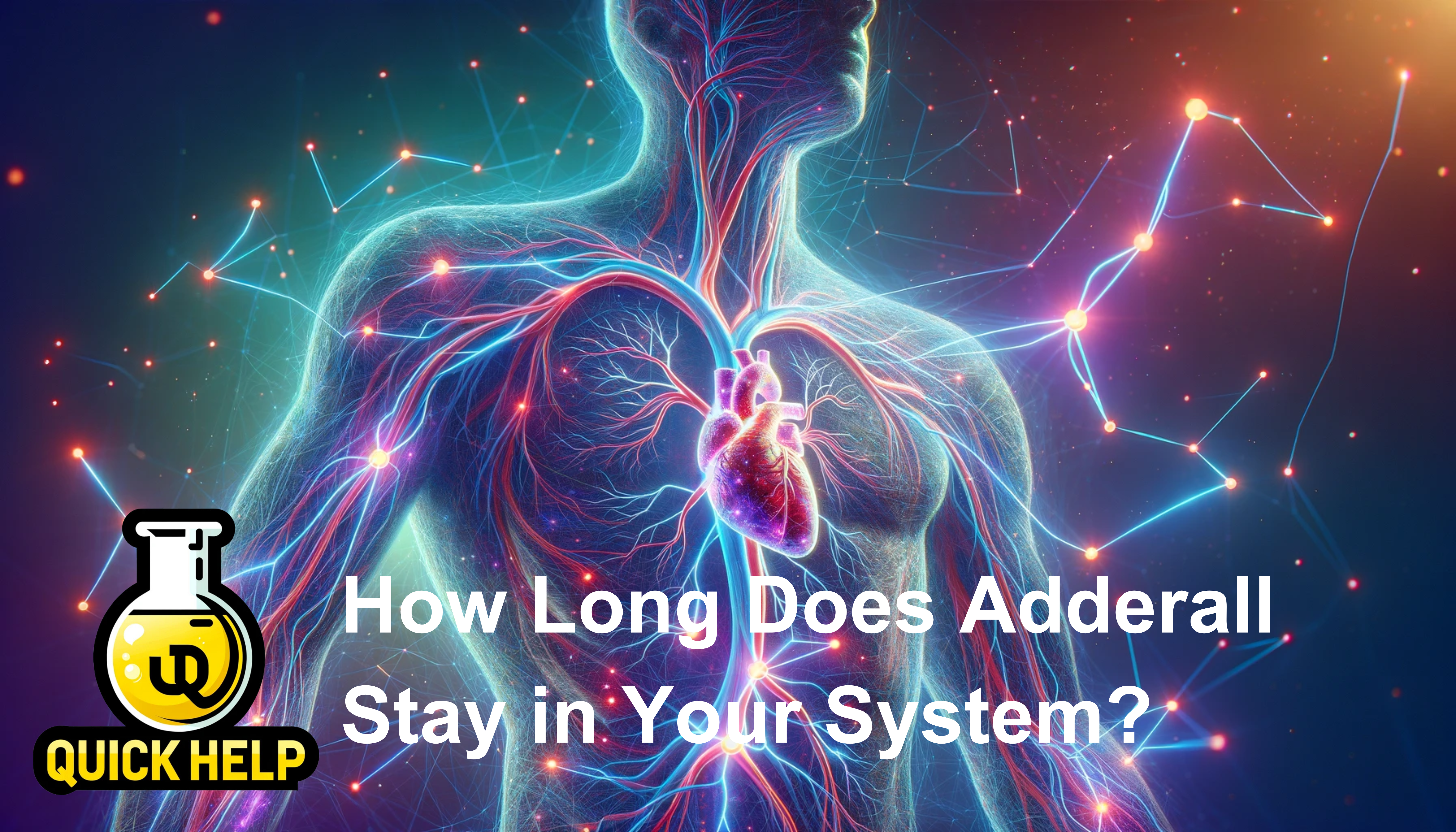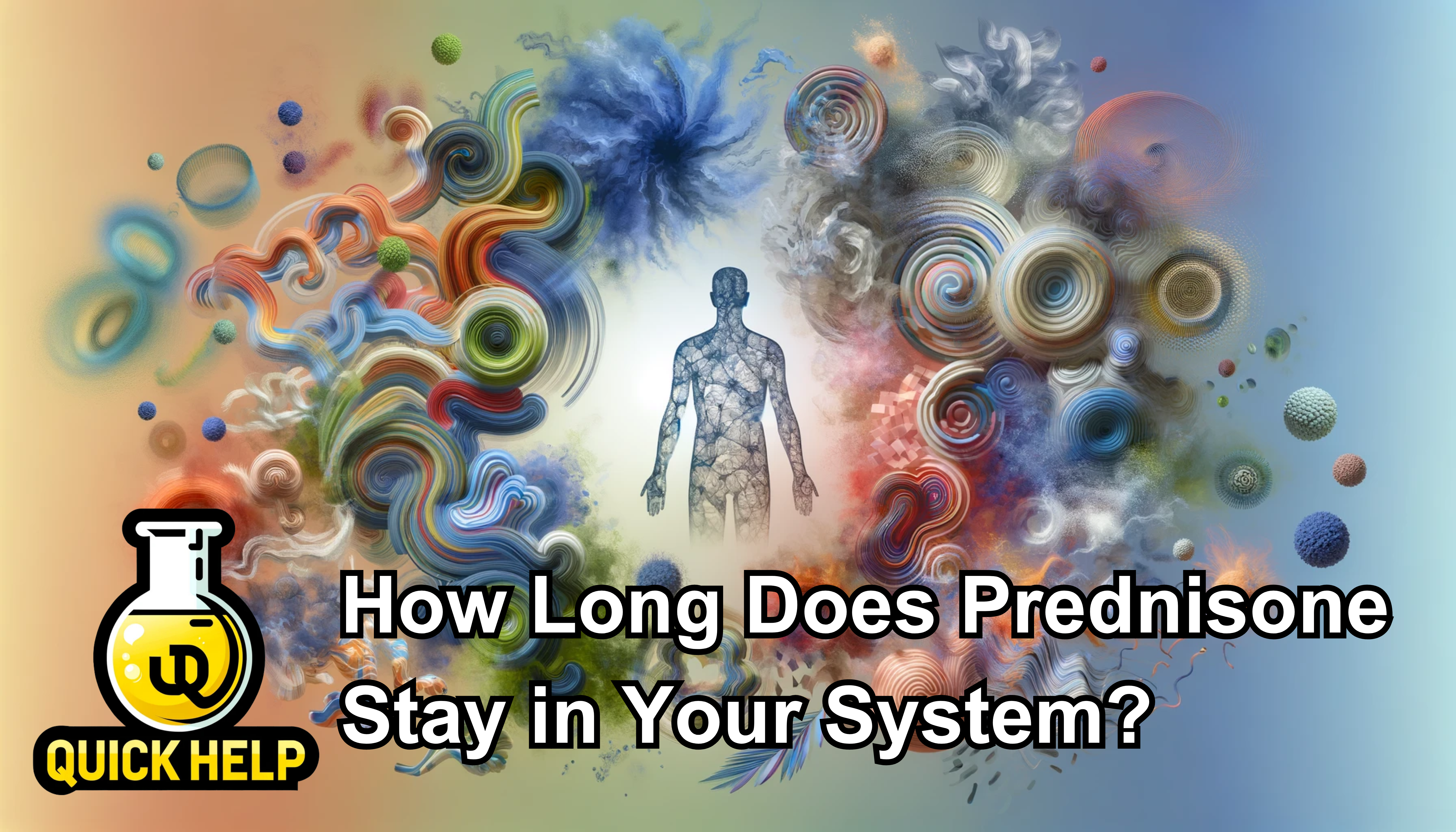Understanding Caffeine and Its Effects
Understanding caffeine and its effects can provide valuable insight into the impact this stimulant has on our bodies. Caffeine, a naturally occurring substance found in a variety of foods and drinks such as coffee, tea, soda, and chocolate, acts as a central nervous system stimulant. Its effects can include increased energy levels, improved mood, and heightened alertness. However, the duration of these effects varies and is influenced by a variety of factors, including the quantity and type of caffeine consumed, individual caffeine sensitivities, and even the brewing technique and serving size of beverages. Additionally, caffeine can have consequences, such as increased blood pressure and heart rate, and can interfere with sleep. So, how long does caffeine stay in your system? According to experts, caffeine typically has a half-life of about 5 hours, meaning that it takes approximately 10 hours for the peak amount of caffeine to be metabolized in the body. However, it can take between 1.5 and 9.5 hours for caffeine to be completely eliminated. This information can be particularly important for pregnant women, as experts caution against excessive caffeine intake due to potential risks of miscarriage, birth defects, and negative effects on breast milk. For those struggling with sleeping difficulties, it is advised to limit caffeine consumption before bedtime to avoid disruptions in sleep. Overall, understanding caffeine and its effects can help individuals make informed choices about their consumption and mitigate any potential negative consequences.
What is Caffeine?
Caffeine is a widely consumed substance found in many products, such as coffee and energy drinks. But what is caffeine exactly? It is a natural stimulant that affects the central nervous system, increasing alertness and reducing fatigue. When consumed, caffeine quickly enters the bloodstream and its effects can be felt within 15 to 60 minutes. The half-life of caffeine varies from person to person, but on average it stays in the body for about 5 hours. However, it can take up to 10 hours for some individuals, and in certain cases, it can stay in the system for more than 12 hours. This means that even after a cup of coffee in the morning, you may still have caffeine in your system at bedtime, which can disrupt sleep patterns.
The impact of caffeine on your body goes beyond just keeping you awake. Associate Professor of Nutrition Sciences at Rutgers University, Ilisa Nussbaum, explains that the effects of caffeine can vary from person to person. Some people may associate caffeine with the jolt of energy they need to get through the morning slump, while others may experience symptoms such as anxiety, depression, or drowsiness. It’s important to note that caffeine consumption can also lead to withdrawal symptoms if abruptly stopped, such as fatigue and headache. The amount of caffeine in a product can vary greatly, so it’s essential to be mindful of your caffeine intake and how it may affect your body. Additionally, factors such as age, weight, frequency of consumption, and individual body chemistry can all play a role in how long caffeine stays in your system.
The Impact of Caffeine on Your Body
Caffeine has a profound impact on the body, affecting various aspects of our health and well-being. How long does caffeine stay in your system? In terms of urine, it can take within 48 hours for caffeine to be eliminated entirely. When consumed in drinks such as coffee, tea, energy drinks, or soda, caffeine can lead to increased alertness and temporary bursts of energy. However, excessive consumption can also result in negative effects such as headaches, dehydration, and difficulty sleeping. It’s important to moderate caffeine intake and ensure adequate water intake to minimize these risks.
The duration of caffeine’s effects varies from person to person, but generally, it peaks in the blood within 15 to 60 minutes after consumption. The half-life of caffeine in the body is around five hours, meaning it takes approximately 10 hours for half of the caffeine to be eliminated. However, some studies suggest that caffeine can stay in the system for longer, with effects lasting up to 10+ hours or even more than 12 hours. Factors such as body weight, tolerance, and liver function can also influence the duration and intensity of caffeine’s stimulant effects. It’s crucial to be mindful of your caffeine consumption and consider the potential consequences, especially if you have sleep issues or are nursing a baby.
The Journey of Caffeine Within our System
As we explore the journey of caffeine within our system, we begin by understanding how long it stays in our bodies. The question “how long does caffeine stay in your system?” is commonly asked, especially when it comes to urine. The duration can vary depending on various factors. For instance, labels on products such as tea, yerba maté, and weight loss pills can give an estimate, but it ultimately depends on the individual’s age, sensitivity, and overall health. On average, caffeine has a half-life of about five hours, meaning that within 48 hours, it is mostly eliminated from the body. However, it’s important to note that caffeine’s effects may last longer than its presence in the body. So, while it may not be detectable in urine after a certain period, its impact on sleep, energy levels, and other factors can linger.
The Absorption of Caffeine
When you consume caffeine, it is quickly and efficiently absorbed into your bloodstream. The exact rate of absorption depends on various factors, such as the type of beverage or food it is ingested with, the size of the serving, and your individual metabolism. For example, a cup of coffee with higher caffeine content may have a more immediate impact on your energy levels compared to a smaller cup or other caffeine-containing foods. Studies have shown that caffeine absorption can begin as quickly as 15 to 60 minutes after consumption, and it can stay in your system for approximately 5 hours on average. However, it is important to note that caffeine’s impact on your body can vary, and it is not a one-size-fits-all scenario.
The absorption process of caffeine occurs primarily in your stomach and small intestine. Once absorbed into the bloodstream, it travels throughout your body, including your central nervous system. Caffeine acts as a central nervous system stimulant, affecting various receptors and neurotransmitters in the brain. One of the key effects of caffeine is blocking the receptors for a chemical called adenosine, which is responsible for promoting sleepiness and regulating attention. By doing so, caffeine can increase alertness and help you stay awake. The release of adrenaline is also boosted, leading to an increased heart rate and heightened attention. These effects can contribute to improved reaction times and enhanced memory performance. However, it’s important to keep in mind that caffeine affects each individual differently, and the duration of these effects can also vary.
Caffeine Metabolism Process
Caffeine metabolism is a fascinating process that affects how long caffeine stays in your system. After you consume a beverage or food containing caffeine, such as coffee or tea, the caffeine is quickly absorbed into your bloodstream. It then makes its way to your liver, where enzymes break it down into compounds that can affect your body. One of these compounds, adenosine, plays a crucial role in sleep and wakefulness. The caffeine binds to adenosine receptors in your brain, blocking their activity and preventing you from feeling sleepy. That’s why caffeine can keep you awake and alert, even when you’re feeling tired. However, it’s worth noting that caffeine doesn’t stay in your system indefinitely. It has a half-life of around five hours, which means that after this time, half of the caffeine you consumed has been metabolized and eliminated from your body.
The rate at which your body metabolizes caffeine can vary depending on several factors, including your genetics, lifestyle choices, and overall health. Some people are genetically predisposed to metabolize caffeine more quickly, while others may be “slow metabolizers.” Additionally, certain medications and supplements can influence how caffeine is broken down in your body. For example, the phytonutrient compound called l-theanine, found in tea leaves, can slow down the metabolism of caffeine and reduce its jittery side effects. On the other hand, some medications, such as those used to treat acid reflux, can speed up the metabolism of caffeine, causing it to be eliminated more rapidly. So, if you’re wondering how long caffeine stays in your system, keep in mind that it can vary greatly from person to person, but on average, it takes about five hours for half of the caffeine you consumed to be cleared from your body.
Factors Influencing Caffeine’s Presence in the Body
Factors influencing caffeine’s presence in the body can vary depending on several key elements. One important aspect to consider is the type of caffeine intake, whether it be from coffee, chocolate, or other instant-release sources. Additionally, the individual’s genetic makeup and metabolism play a role in how long caffeine stays in their system. While the general timeline for caffeine in urine is within 48 hours, the duration can range from about 5 hours to more than 12 hours, depending on factors such as age, sex, and overall caffeine sensitivity. Researchers also hypothesize that variations in caffeine release may be influenced by specific genes and the amounts of the compound consumed. Other factors that can affect caffeine’s presence include the individual’s state of relaxation or arousal, as well as the timing of caffeine intake in relation to bedtime. With all these factors at play, it’s no wonder there can be discrepancies in how long caffeine stays in one’s system.
The Role of Genetics in Caffeine Metabolism
The role of genetics plays a crucial part in caffeine metabolism and how long caffeine stays in your system. Research suggests that genetic variations can influence the rate at which caffeine is processed in the body. In a study published in the Journal of Personalized Medicine, it was found that certain genetic variations can affect the activity of enzymes involved in caffeine metabolism, such as CYP1A2. This can result in differences in the rate at which caffeine is broken down, affecting how long it stays in the body.
Understanding the genetic factors that impact caffeine metabolism can be essential for individuals who need to grip their caffeine intake. For those who are more sensitive to the stimulant effects of caffeine or experience jitteriness and anxiousness, genetic variations may be the reason behind it. By knowing how your body processes caffeine, you can make informed decisions about caffeine consumption, such as adjusting the amount or timing of intake. This knowledge can also be valuable for healthcare professionals in advising their patients on caffeine intake and its potential consequences based on individual genetic variations.
The Effect of Lifestyle Choices on Caffeine Breakdown
Lifestyle choices can have a significant impact on the breakdown of caffeine in your system. For instance, sleep loss, shift work disorder, and pressure can affect your body’s ability to metabolize caffeine efficiently. Lack of sleep can disrupt the process by which caffeine is broken down, leading to prolonged feelings of tiredness and poor sleep quality. Research has shown that daytime sleepiness, altered hormone release, and changes in blood sugar levels are some of the ways in which sleep loss can result in the longer presence of caffeine in the body. Additionally, consuming alcohol, certain medications, or other substances alongside caffeine can also affect its metabolism, further prolonging its duration in the system.
The source of caffeine and the method of consumption can also play a role in how long it stays in your system. Caffeine from teas, coffee beans, and other sources typically takes around five hours to be metabolized, while the caffeine in energy drinks may take between 1.5 and 9.5 hours to be fully processed. Different factors, such as age, pregnancy, breastfeeding, and underlying health conditions, can also influence the breakdown of caffeine. For example, individuals with heart arrhythmia or liver disease may experience slower caffeine metabolism, while those with certain asthma drugs or heart medications may have an increased risk of caffeine toxicity. It’s important to consider these factors and make informed decisions about caffeine use to ensure the safety and health of individuals, especially adolescents.
Assessing Caffeine’s Duration in the System
Assessing caffeine’s duration in the system is crucial for understanding the effects it can have on our bodies. Caffeine is a stimulant that can be found in various beverages, such as coffee and energy drinks, as well as in certain foods and supplements. When consumed, caffeine quickly enters the bloodstream and begins to take effect, with its peak concentration occurring within 15 to 60 minutes. The half-life of caffeine, which is the time it takes for the body to eliminate half of the consumed amount, can vary from person to person, but on average it ranges between 3 to 5 hours. However, it’s important to note that caffeine can still have effects on the body for much longer than its half-life, with some studies suggesting that it can stay in the system for up to 10 hours or more. Additionally, it’s worth mentioning that the presence of caffeine can be detected in urine within 48 hours after consumption. Understanding how long caffeine stays in the system can help individuals better manage their caffeine consumption and make informed decisions about their sleep habits and overall health.
General Timeline of Caffeine in the Body
The general timeline of caffeine in the body varies depending on several factors. Typically, after consumption, caffeine enters the bloodstream within 15 to 60 minutes. It reaches its peak concentration in the body within about 1.5 to 9.5 hours, and its effects can be felt for around five hours. However, the duration can differ for each individual due to factors such as caffeine sensitivity, body composition, gender, and overall health. It is important to note that caffeine has a half-life of approximately 5 hours, which means that within 48 hours, most of the caffeine will be eliminated from the body.
The amount of caffeine intake also plays a role in determining how long it stays in the system. On average, a serving size of coffee drinks, energy drinks, sodas, or tea contains about 30 to 90 milligrams of caffeine. However, certain beverages like energy drinks or specialty coffee drinks can contain as much as 300mg or more. Additionally, other sources of caffeine like chocolate, kola nuts, and cacao pods can contribute to caffeine intake. It is essential to be mindful of caffeine content and to make wise choices regarding consumption, especially for individuals with health problems such as high blood pressure or stomach issues, pregnant or breastfeeding women, or those taking certain medications.
Variables that can Alter the Duration of Caffeine
Variables that can alter the duration of caffeine in your system include factors such as the dosage and formulation of caffeine consumed. According to a study published in the NCBI Bookshelf, different caffeine preparations and formulations can have varying effects on the body. For example, the caffeine concentration in coffee can vary, and this can influence how long caffeine stays in your system. Additionally, the presence of other substances like fatty acids in the coffee can also impact the metabolism and elimination of caffeine. Therefore, the characteristics of the caffeine source and its interaction with the body can affect the duration of caffeine’s presence in your system.
Another variable that can affect the duration of caffeine in your system is the individual’s metabolism. Each person metabolizes caffeine at a different rate, which can be influenced by various factors. According to research conducted by the Institute of Medicine, factors such as genetics, body weight, and smoking can affect the metabolism of caffeine. For instance, individuals who are regular smokers may have increased caffeine metabolism due to the induction of certain liver enzymes. Similarly, individuals with higher body weight may have a longer elimination half-life of caffeine compared to those with lower body weight. These variations in metabolism contribute to the differences in how long caffeine stays in your system.
Detection of Caffeine in Urine
Detection of caffeine in urine is a widely used method to determine the presence and concentration of caffeine in the body. Urine testing allows researchers and professionals to assess how long caffeine stays in the system. Studies have shown that caffeine can be detected in urine within 48 hours of ingestion. The elimination half-life of caffeine in urine is typically around five hours, meaning that it takes approximately 10 hours for the body to eliminate half of the caffeine ingested. However, the exact duration can vary depending on factors such as individual metabolism, caffeine dose, and lifestyle choices. It is important to note that caffeine consumption from other sources such as teas, chocolates, and energy drinks can also contribute to caffeine levels in urine. Understanding how long caffeine stays in the system can provide valuable insights into its effects on the body and inform decisions regarding caffeine intake.
Methods of Testing Caffeine in Urine
Methods of testing caffeine in urine provide valuable insights into how long caffeine stays in your system. Kinetics studies have shown that caffeine is rapidly absorbed and reaches peak plasma levels within 15 to 60 minutes after ingestion. It is then metabolized in the liver by enzyme systems, primarily cytochrome P4501A2, into three primary metabolites - paraxanthine, theobromine, and theophylline. These metabolites can be detected in urine and serve as markers of caffeine exposure. Different factors, such as age, gender, and genetic variations in enzyme activity, can influence the extent and duration of caffeine excretion in urine. Studies have demonstrated that caffeine clearance rates vary greatly among individuals, with excretion occurring within 48 hours. So, if you’ve ever wondered how long caffeine stays in your system (urine), the answer can range anywhere between 1.5 and 9.5 hours, depending on various factors.
Several methods are used to test for caffeine in urine. One approach is the measurement of trimethylallantoin, a major urinary metabolite of caffeine, which can be quantified using high-performance liquid chromatography. Another method utilizes the detection of caffeine and its metabolites in urine by gas chromatography/mass spectrometry. These techniques allow for accurate and reliable assessment of caffeine levels in urine, providing valuable information for research purposes or in certain scenarios where caffeine intake needs to be monitored, such as in athletes or individuals undergoing drug therapy. Understanding the mechanisms and dynamics of caffeine clearance in urine not only provides insights into its pharmacokinetics but also aids in assessing the impact of caffeine consumption on various bodily functions and overall health.
 Photo by Chevanon Photography on pexels
Photo by Chevanon Photography on pexels
Conclusion
Caffeine, a widely consumed substance found in coffee, tea, and other beverages, affects the body in various ways. Understanding the impact of caffeine on our system is essential for managing its consumption effectively. When it comes to evaluating how long caffeine stays in our system, urine testing is commonly employed. Studies have shown that caffeine can be detected in urine within 48 hours after consumption. However, the duration may vary depending on individual factors such as metabolism and dosage. On average, caffeine has a half-life of about 5 hours, meaning it takes approximately 5 hours for the body to eliminate half of the caffeine ingested. After around 10 hours, most of the caffeine is cleared from the system. It’s worth noting that caffeine’s effects on the body, such as increased alertness and energy, can be felt within 15 to 60 minutes after consumption and can last for more than 12 hours. As with any substance, moderation is key when it comes to caffeine use, as excessive consumption can lead to withdrawal symptoms and other adverse effects.
FAQ
How long does caffeine stay in your system?
The duration of caffeine in your system can vary depending on several factors, but generally, it can stay in your system for about 5 to 6 hours.
What is caffeine?
Caffeine is a natural stimulant found in various plants, such as coffee beans, tea leaves, and cacao beans. It is commonly consumed in beverages like coffee, tea, energy drinks, and soda.
How does caffeine affect the body?
Caffeine stimulates the central nervous system, increasing alertness and reducing fatigue. It can also temporarily improve focus, boost metabolism, and increase heart rate and blood pressure.
What happens to caffeine once it enters the body?
After consumption, caffeine is absorbed through the stomach and small intestine, reaching its peak levels in the bloodstream within 30 to 60 minutes.
How is caffeine metabolized in the body?
The liver metabolizes caffeine through enzymes, mainly CYP1A2. It breaks down caffeine into three primary metabolites: paraxanthine, theobromine, and theophylline.
What factors influence the presence of caffeine in the body?
Several factors can affect how long caffeine stays in your system, including genetic variations, liver function, age, pregnancy, smoking, medication use, and overall health.
Does genetics play a role in caffeine metabolism?
Yes, genetics can influence how efficiently your body metabolizes caffeine. Some individuals have genetic variants that make them slower or faster metabolizers, affecting how long caffeine stays in their system.
Can lifestyle choices affect caffeine breakdown?
Yes, factors like smoking, pregnancy, oral contraceptive use, and certain medications can influence the rate at which caffeine is metabolized in the body.
How can caffeine’s duration in the system be assessed?
The duration of caffeine in your system can be assessed by considering its half-life, which is approximately 3 to 5 hours. This means that it takes this amount of time for your body to eliminate half of the caffeine.
What are some variables that can alter the duration of caffeine in the body?
Variables such as age, liver function, hydration levels, metabolism rate, and individual tolerance can affect how long caffeine stays in your system.
Can caffeine be detected in urine?
Yes, caffeine can be detected in urine through various testing methods. These methods can determine the presence and quantity of caffeine in your system.
What are the methods of testing caffeine in urine?
Common methods used to test caffeine in urine include gas chromatography-mass spectrometry (GC-MS), high-performance liquid chromatography (HPLC), and enzyme-linked immunosorbent assay (ELISA).
In conclusion, how long does caffeine stay in your system?
On average, caffeine can stay in your system for about 5 to 6 hours. However, individual variations, genetic factors, and lifestyle choices can influence the duration of caffeine in your body. It is important to be aware of your own sensitivity to caffeine and adjust your consumption accordingly.














